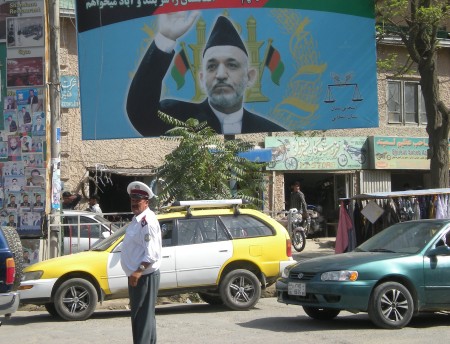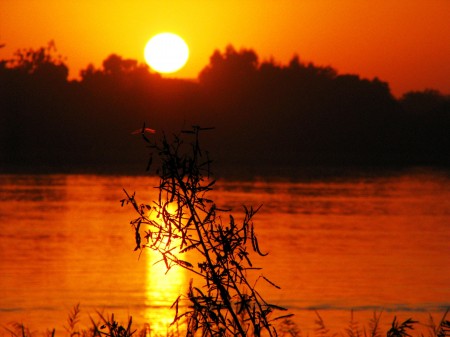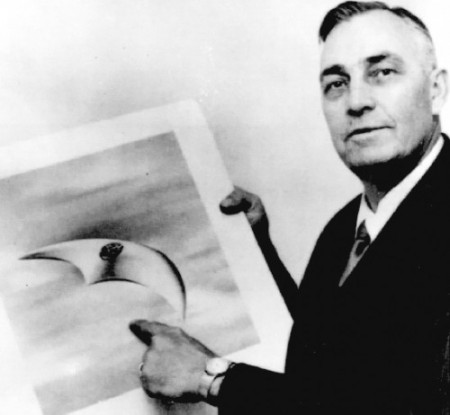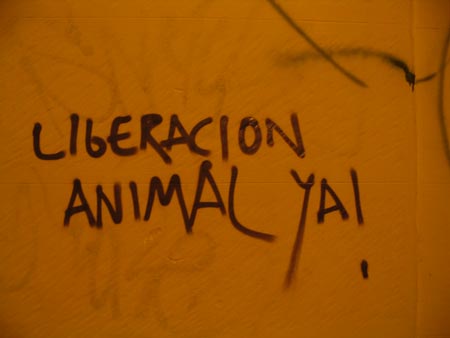A couple of days ago, I came across a website, StepMap, that lets you create your own custom and interactive maps for free. StepMap is pretty easy to use, yet a powerful tool to illustrate your thoughts, so I played around with it a bit to trace US President Obama’s travels abroad (17 trips to 14 different countries so far) since taking office, based on Wikipedia’s list of presidential trips. If you click on the tiny flags (the Vatican flag is missing in their toolbox), exact dates and locations visited will appear. The numbers before the flags obviously indicate the sequence of Obama’s visits. You can also enhance your map with a lot of fancy stuff, such as PDFs, images etc. pp. which, for the first try, I didn’t make use of.
Be that as it may, from a geopolitical standpoint I found this admittedly far from perfect map quite interesting, not only for the places the POTUS visited, but even more so for the places he didn’t visit (e.g. South America). Taking into consideration his Secretary of State’s trips to Japan, Indonesia, South Korea (her husband even travelled to North Korea), China, Egypt, Israel, the Palestinian Territories, Belgium, Switzerland, Turkey and Mexico, the map would be more balanced, of course.




